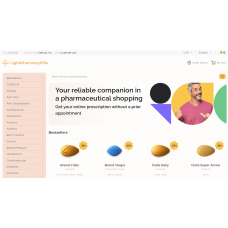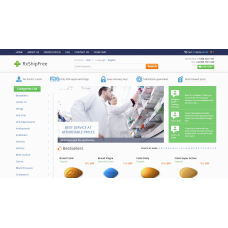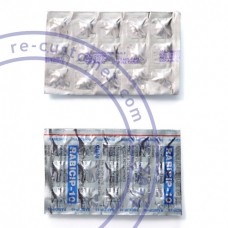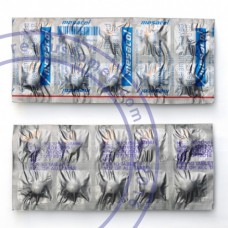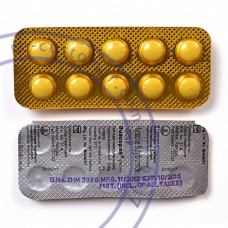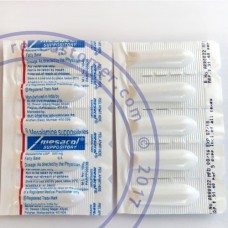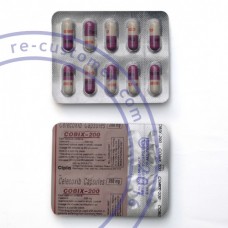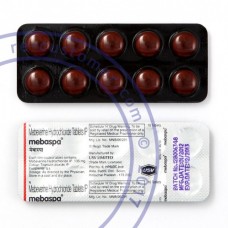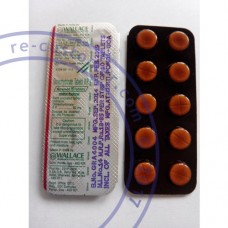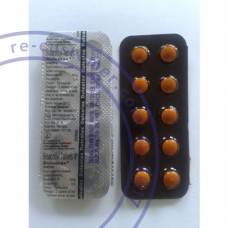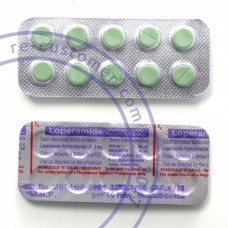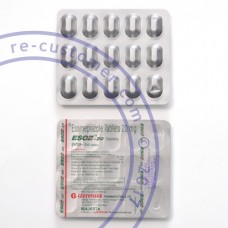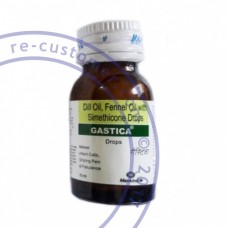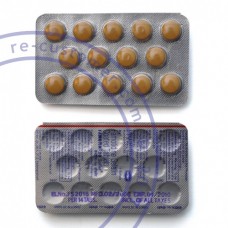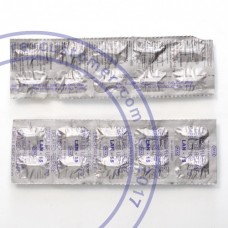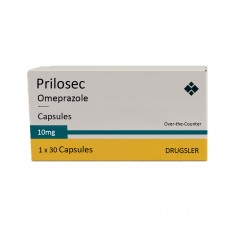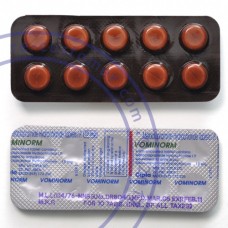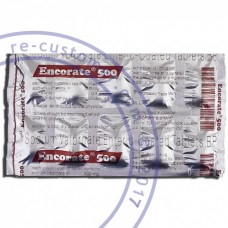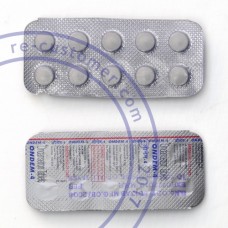

The realm of Gastrointestinal Therapeutics encompasses a broad range of medications designed to address various conditions of the digestive system. These Digestive System Drugs play a crucial role in maintaining and restoring digestive health, targeting issues ranging from acid reflux and ulcers to irritable bowel syndrome and inflammatory bowel diseases. Understanding the different categories of these medications helps in comprehending their therapeutic applications and mechanisms of action.
Antiulcer Medications
Antiulcer Medications are essential in treating and preventing ulcers in the stomach and upper part of the small intestine. These medications work by reducing the production of stomach acid, promoting healing, and relieving pain. Proton pump inhibitors (PPIs) and H2 receptor antagonists are the most commonly used drugs in this category. PPIs, such as omeprazole and esomeprazole, inhibit the enzyme responsible for acid secretion, providing long-lasting relief. H2 receptor antagonists, including ranitidine and famotidine, block histamine-induced acid production, offering a shorter duration of action compared to PPIs.
Antacid Products
Antacid Products are another vital group of medications used to neutralize stomach acid and provide quick relief from heartburn and indigestion. These over-the-counter remedies, which include calcium carbonate and magnesium hydroxide, work by directly counteracting the acidity in the stomach. While effective for immediate symptom relief, they do not address the underlying causes of acid-related disorders.
Digestive Health Medicines
Digestive Health Medicines encompass a variety of drugs aimed at promoting overall digestive health. These include prokinetics, which enhance gastrointestinal motility, and laxatives, used to relieve constipation. Prokinetics like metoclopramide stimulate muscle contractions in the gut, aiding in the movement of food and preventing stasis. Laxatives, such as polyethylene glycol and lactulose, work by increasing water content in the intestines or stimulating bowel movements, providing relief from constipation.
Gut Health Treatments
Gut Health Treatments also involve medications for managing conditions like irritable bowel syndrome (IBS) and inflammatory bowel disease (IBD). For IBS, antispasmodics like hyoscine butylbromide help reduce abdominal pain and cramping by relaxing the muscles in the gut. For IBD, including Crohn's disease and ulcerative colitis, anti-inflammatory drugs like mesalamine and immunosuppressants such as azathioprine are commonly prescribed to reduce inflammation and maintain remission.
Abdominal Medicine
In the broader context of Abdominal Medicine, other medications address specific digestive issues. For example, antiemetics like ondansetron are used to prevent nausea and vomiting, particularly in patients undergoing chemotherapy or surgery. Additionally, bile acid sequestrants such as cholestyramine are used to manage bile acid malabsorption, which can cause diarrhea in certain conditions like Crohn's disease.
Intestinal Health Drugs
Intestinal Health Drugs are crucial in maintaining the balance of the gut microbiota, which is vital for overall health. Probiotics, which are beneficial bacteria, and prebiotics, which are non-digestible fibers that feed these bacteria, are often recommended to support a healthy gut flora. These supplements can aid in the management of conditions like irritable bowel syndrome, antibiotic-associated diarrhea, and other gastrointestinal disorders.
Conclusion
The field of GI Tract Pharmaceuticals is vast and continually evolving, with ongoing research leading to the development of new and more effective treatments. By addressing the various aspects of digestive health, from reducing acid production to enhancing gut motility and maintaining a balanced microbiota, these medications play a critical role in improving the quality of life for individuals suffering from gastrointestinal disorders. As our understanding of the digestive system and its diseases advances, so too will the options available for Gastrointestinal Therapeutics, offering hope for even better management of these conditions in the future.
Digestion is a complex operation that begins even before the first piece of meal is taken into the mouth. Nutrition goes a huge way and via a lot of transformations before it becomes a source of vitality for us: the mouth, esophagus, stomach, all sections of the intestine. And at each step takes place a sophisticated act of food cleavage into smaller fractions, first mechanical, and then biochemical.
Failure at any stage adversely influences the final result. Badly acquired nutrition not only does not benefit, but it becomes a harmful factor to health. This can manifest itself in various ways: beginning with mild indigestion, heartburn, diarrhea or astriction, to serious diseases. It is important to normalize digestion and if there is a need to fix the weight.
There are a number of factors that negatively affect the digestion. Be rid of them hence to improve the digestive processes.
Smoking brings in our organism hundreds of harmful toxic compounds that cause enormous damage to all organs and tissues of the body, including the metabolic system. Hot inhaled air irritates the mucous membranes, and the hot air filled with harmful compounds increases the risk of diseases. Quitting smoking positively influences digestion even before we start to eat a no smoking person feels flavors of food more acutely; consequently this factor boosts the stomach to the secretion of peptic juices before food enters inside.
A glass of dry wine during dinner improves digestion, a bottle — slows down the metabolic operations, because the liver has to neutralize the alcohol, which is perceived as a poison. The additional load on the liver and gut impairs digestion.
Stress it's always cramping, and in the processes of digestion operation of the stomach and the intestine muscles plays an important role. There are studies that confirm the effects of stress on the death of beneficial microorganisms in the gut.
Physical inactivity, hypodinamia does not allow our bowel to normally work. Obese people usually suffer from Constipation due to sedentary lifeways. The more movement, the more intense are metabolic processes.
Enteric helminth invasion or protozoa lesion worsen digestion, as they poison the body, killing healthy intestinal microflora. If there is no apparent reason for eating disorder symptoms, you have to get tested for parasitic infection.
Just by masticating food diligently we are improving food processing. It is known that large chunks that enter into the stomach remain there for a long period, lying there like a heavy load, not infrequently held throughout the digestive tract untreated and come out looking like this. The organism is doing a tremendous job of transporting such a «dead weight», without gaining anything in return. Digestive juices penetrate inside the food bolus to a depth of one millimeter. This is the size to which each piece should be to chewed-up.
Junk food negatively affects metabolism. Each type of such product influence digestive processes, but, for the most part, they lead to the appearance of decay or fermentation processes. Nourishment should be beneficial and vibrant.
Water is irreplaceable for all systems of our organism. Sufficient intake of clean water is a guarantee that the food will not settle in the gut as a lump, leading to constipation. There are various data about how much water is necessary to intake, the quantity of 6-8 glasses of water a day can be a benchmark.
Diet is also important for healthy digestion. Eating regularly in the same time, we accustom the digestive tract to produce the gastric juice, ferments at a specific time, and this leads to improvement of metabolism.
You shouldn’t overeat; excess food slows down the digestive process, causing a feeling of heaviness, overloads the stomach. A portion should be such that after you`re done eating, you still sense a slight feeling of hunger. It usually passes away within 20 minutes after eating.
Wash your hands before meals; wash your fruits and vegetables before serving. Question of hygiene in nutrition is also important for good digestion, as well as all the complicated biochemical operations occurring in the organism.
